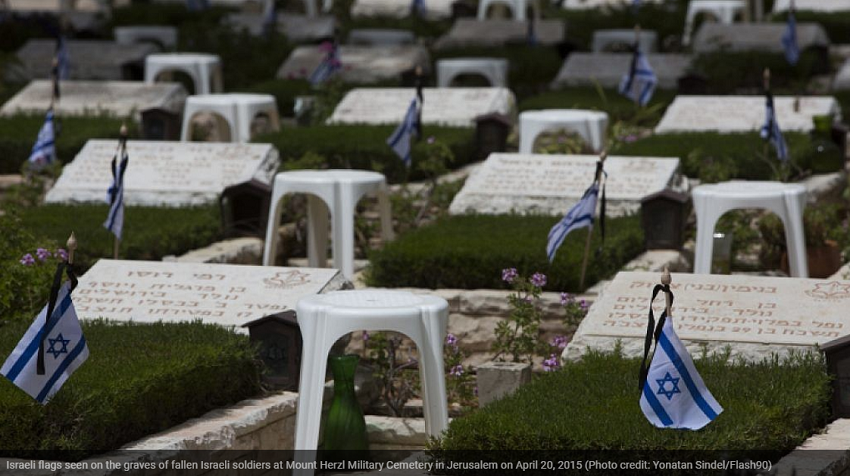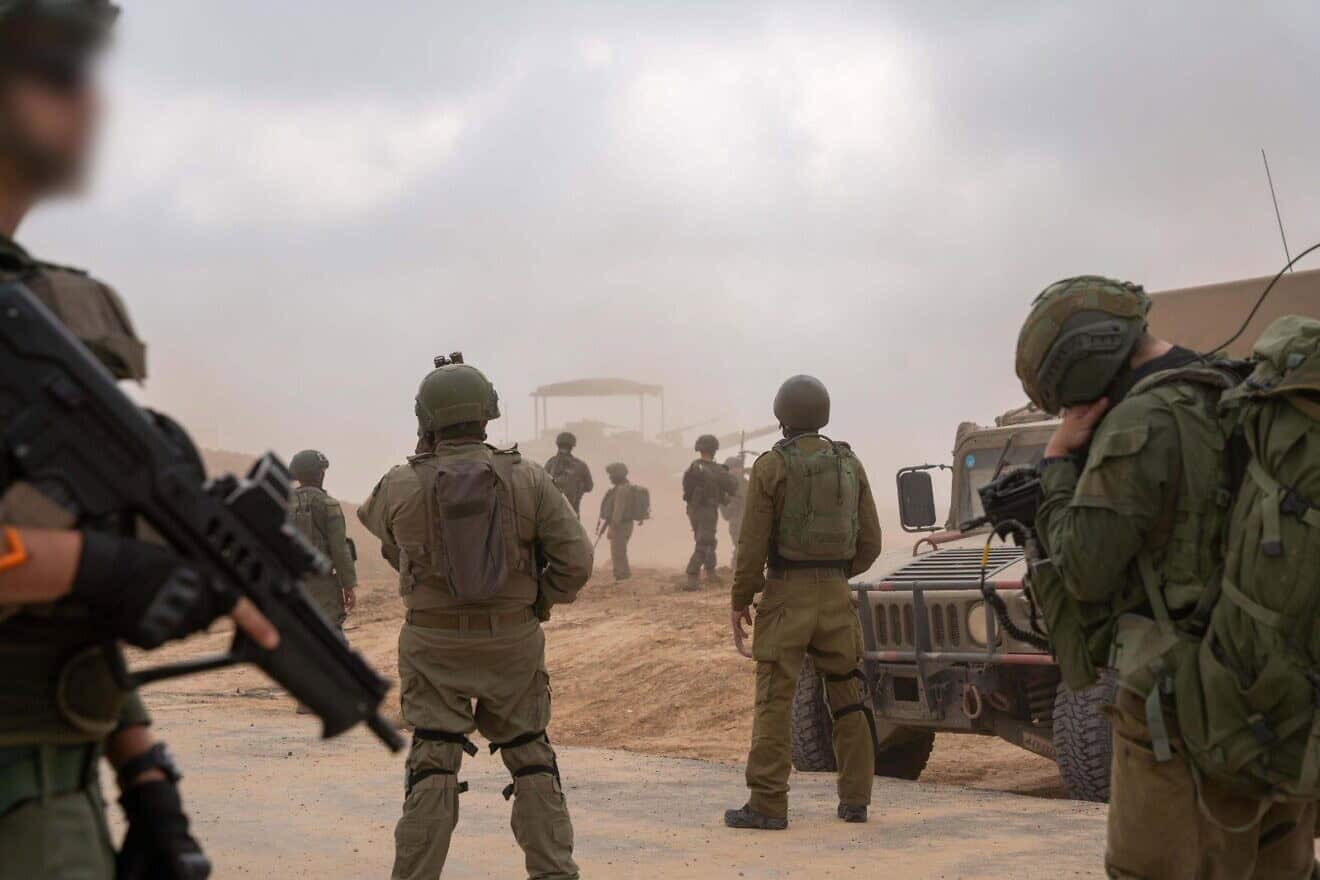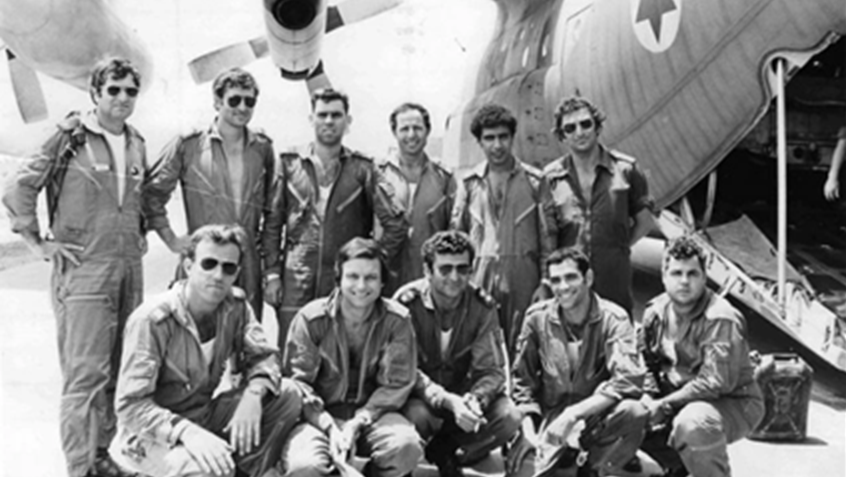When he removed his military uniform in November, Oren wanted to get on a plane, big or small, that would take him to South America. He counted off the days till he could see his parents’ ancestral land. He would wear Argentina’s national team jersey and eat his fill of dulce de leche. After visiting the capital of the tango, he would return to the Promised Land which had not promised him much. He wanted to listen to music, a bicycle, the countryside. Give his feet a rest from his shoes. Apart from that, he knew nothing about the more complicated thing – the future. “There’s time”, he would say.
He was wrong. He learnt everything from the war. Its brief duration with a final alarm sounding in an alley in south Lebanon. Oren was a comrade. He never ran from solidarity. Not even when the result of the crossfire seriously wounded an army mate, a wonderful friend, and moved on to the next. Oren, a young man who spat on gunpowder, wanted to staunch the irreversible haemorrhage in his comrade’s belly. So, he stayed. He went back to the fire. “There’s time”. Only, there wasn’t. He was struck in the heart by a missile. He will be buried today.
Now. At six in the afternoon, far too soon. Slowly. The engine of the military hearse hiccups along at a funereal pace. Life was in a hurry for someone who was only 21. He ended in a coffin. It is covered with a blue and white flag. The six-point star, symbol of the Israeli national standard, does not glitter. The cortege is a pain-filled multitude. Some cry, others proceed in silence.
The family do not walk, they drag their feet. Clutching each other to make their pain believable. Mili and Offer – the grieving parents – look heavenward. God is as distant as belief. But someone should tell them why they received no warning that “this” time, “that” time, would be the last. Ten days ago, they drove to the border and spent the day together. Oren had two aims during those hours of mini-freedom: to kiss the grave of a childhood friend who was killed in this war. And to return home. “If only we knew. If only we knew, we would have died instead of you”. Keren, Oren’s sister, does not want to know about the firmament. She stretches her arms. Her muscles quiver. Her fingers never touch the casket. She does not cry, she whimpers. She says: “Don’t go”. Eran, the older brother, needs space to sustain his pain. His hands go in and out of his pockets. He bends over. The cold hurts him.
The hearse has stopped. Keren cries “No”. She wants to die, too. They’ll both go. Oren will not go alone. No. The hearse continues its slow march. In Judaism, the symbolic stop explains how hard it is to say goodbye. Oren died quickly but will be buried slowly. “There is time”. Yes, He was right. Preparing a body that has departed does not take long. That morning, the Chevra Kadisha – a sort of brotherhood that prepares bodies for burial – cleansed him with hot and cold water, right and left – symbols of purification and conformity of the soul and wrapped it in a white shroud for its reception in the world to come. Thus say the psalms spoken by the rabbi.
For now, the next universe is right here in Gazit cemetery. The engine is silent. The crying increases. The mother holds her daughter. The father places his hand on the casket and kisses it. The six soldiers get out of the hearse. They raise the casket, striving to find strength. Their eyes say otherwise. The rabbi, who since yesterday has buried fifteen boys who never made it back, begins the funeral ceremony: “God giveth and God taketh away”.
Whilst the casket makes its departure, Israeli society rises. It resumes its rhythm. It had left the shelters and come out on the streets as a group. The cities of the north turned their lights on again. Afula, Kiriat Shmona, Tiberias, Ma’alot, Safed, are no longer deserted. Doors stand wide open. Radios play in cars. There are flags everywhere. Relief on people’s faces. Pregnant women on the esplanades, Children in the gardens. Yet, the marks of thirty-six days of war have not yet been forgotten.
Source: Correio da Manhã



































